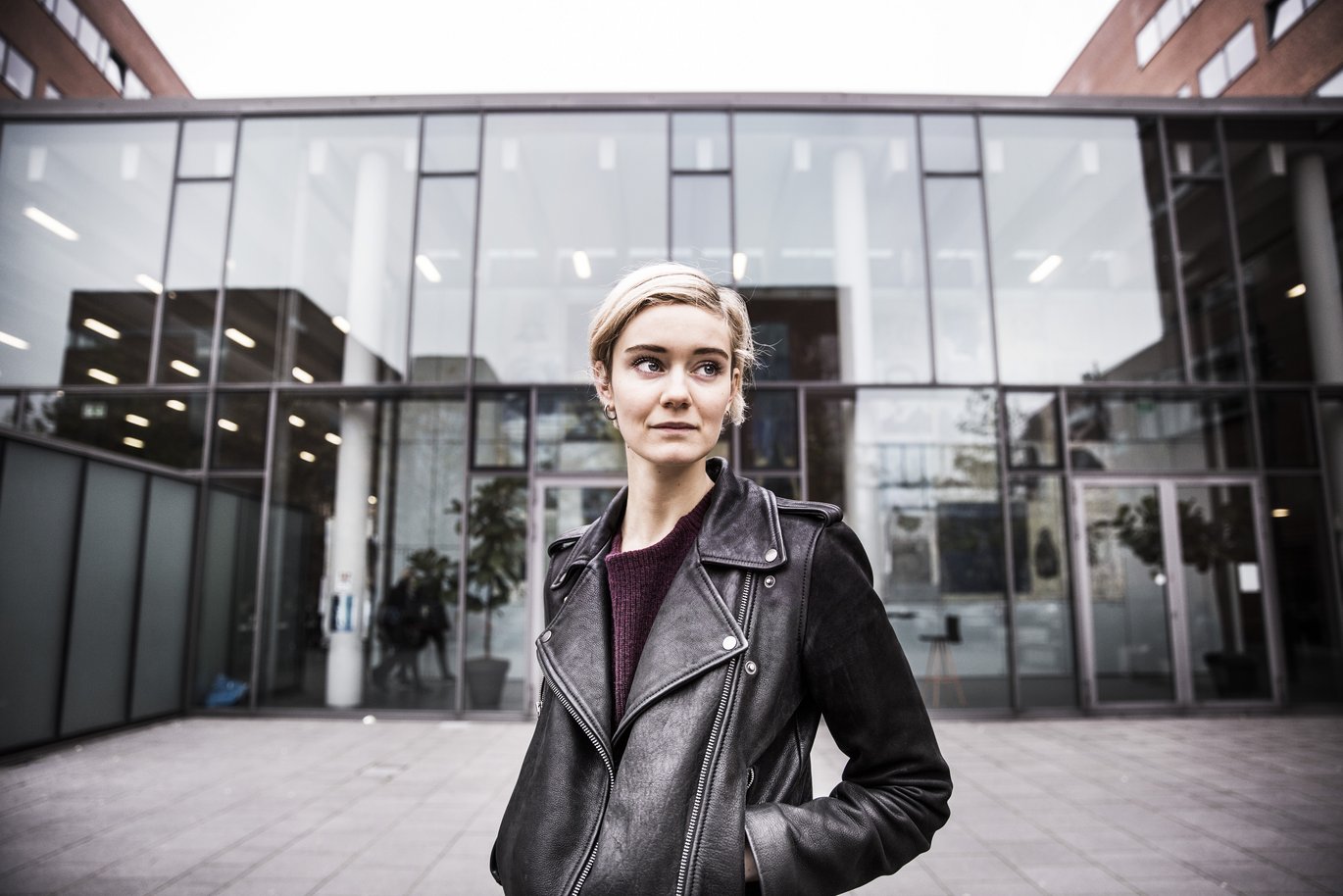QUICK QUICK: Prize student – or traitor?
Archaeology student Caroline Elisabeth Fisker has completed her Bachelor six months quicker than the prescribed study period by taking up to 15 extra ECTS credits per semester. This provided the time to take an internship and participate in excavations, but there was one thing she forgot to take into account...

A Bachelor of classical archaeology normally takes four years, but Caroline Elisabeth Fisker completed her’s in just three-and-a-half years. Instead of taking courses equivalent to 30 ECTS credits, as students are obliged to, she took courses equivalent to between 35 and 45 ECTS credits each semester. Her goal was not to finish in record time. It was to get some archaeological theory into her head and dirt under her nails.
"On the Bachelor's degree programme in classical archaeology we have Latin and Greek introductory courses during the first two years as preparatory language training at beginner's level. These courses weren’t particularly demanding, and I was eager to get started with the archaeological courses, so I took extra ones. Our student teacher had also mentioned that it would be a good idea to do this if we wanted to get involved in excavations during our studies, which is what I wanted to do," says Fisker.
Not impossible
The ambitious archaeology student did not have to sweat or become totally stressed due to the extra courses.
"I like studying and haven’t found it to be a burden. Of course I was under pressure during the exam periods, but it was certainly not impossible. I mean, we hardly have lessons, on the Bachelor it was around eight hours a week," she says.
Oops ...
Intro: Quick quick slow...
Immerse yourselves. But do it quickly! Even though the study progress reform was adjusted in November, the requirement for the students to complete their studies quickly remains in place.
Some students hurry all they can. Others resist.
Omnibus has met two students who have completed their Bachelor’s degree programme - one quickly, the other slowly.
READ MORE: There does not need to be a good reason for self-development
But there was one thing that she had not taken into account in her eagerness to learn.
"I hadn't taken into account that I wouldn’t be able to get my grant during the six months between completing my Bachelor and being able to start on my Master’s degree programme."
She sought advice at the Student Counselling Office. But they didn't quite know how to help such a quick student.
"They hadn’t previously seen anything like it. Most often they’re helping students who have a hard time finishing their programme."
Without her grant she could not afford to live in her apartment. So she moved out. Fortunately, she had already planned to use the break between her Bachelor’s and Master’s degree programmes to take an internship at the Villa Giulia museum in Rome and work on an excavation in Greece. So she temporarily set up camp at her parents and her boyfriends until her grant again began to roll into her bank account in September, when she began her Master’s.
Traitor?
As for the study progress reform, that’s not something that she has thought about much – for obvious reasons. But she understands why many of her fellow students are dissatisfied with the reform, which also she thinks also seems to be inflexible.
When she received the HM Queen Margrethe II Travel Grant for students at AU at the annual celebration in September, she felt like she stuck out from the crowd – and not in a good way.
"Several of the speeches at the annual celebration contained criticism of the reform, and there was I, sitting there after completing my studies six months early. It was a little ironic and I actually felt like I was a bit of a traitor," she says.
Translated by Peter Lambourne

